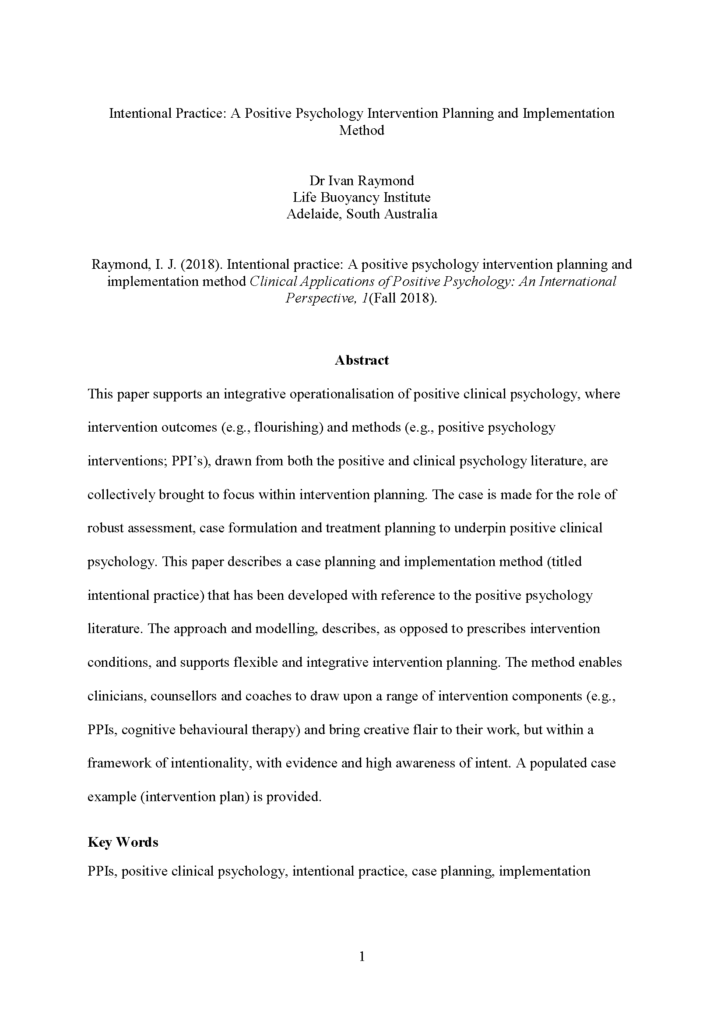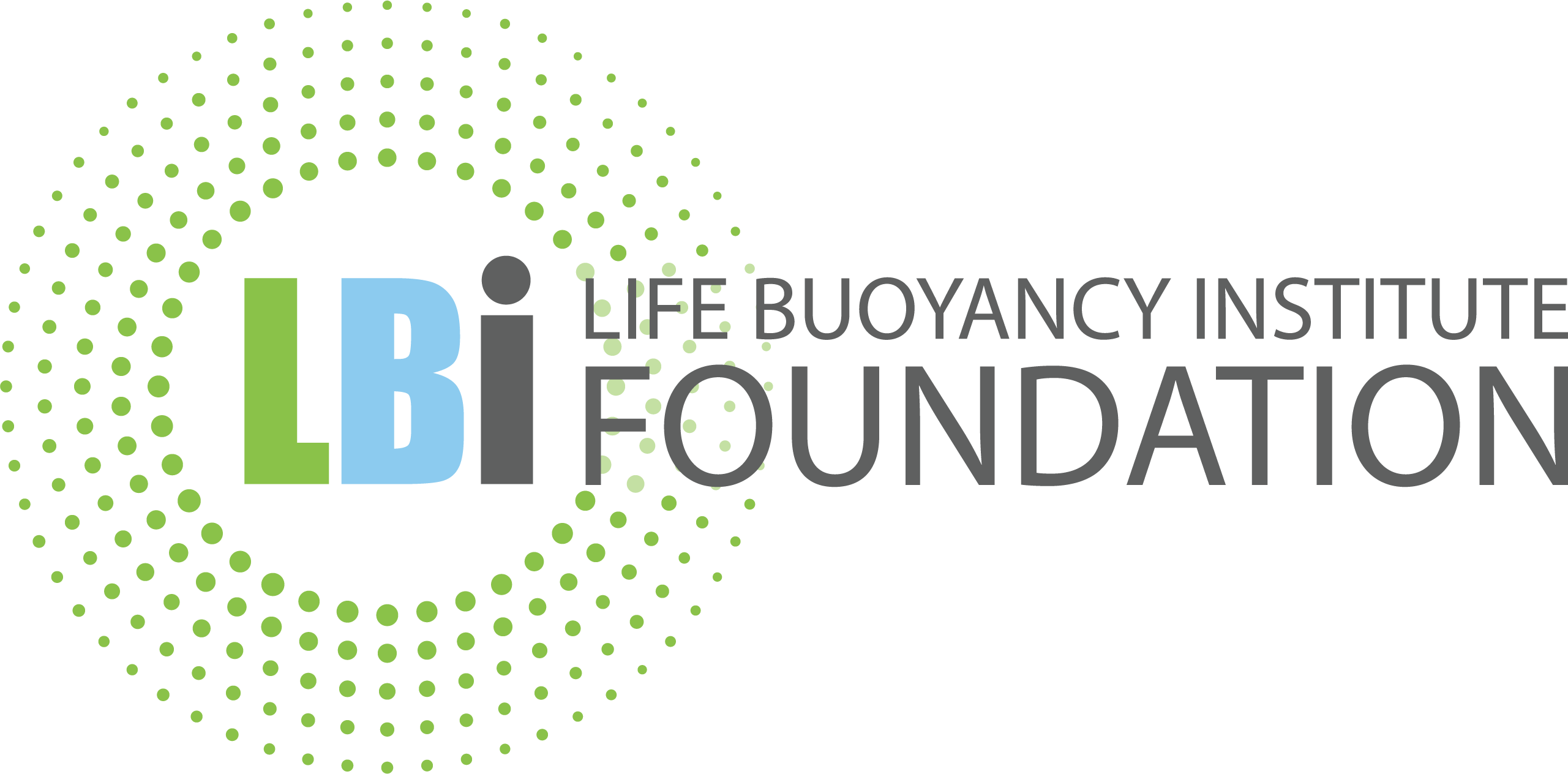Introducing the Article
Intentional Practice and Clinical, Counselling and Coaching Roles
Dr Ivan Raymond, LBI Foundation
This 2018 article describes how intentional practice can support integrating case planning and implementation across clinical, counselling and coaching based roles.
The paper:
- Argues for the role of integrative clinical and non-clinical practices (where multi-disciplinary approaches are valued within a common intentional practice framework).
- Describes how the Life Buoyancy Logic Model can offer an inclusive, multi-disciplinary and integrative case formulation and planning method.
- A populated case example, drawing upon clinical and non-clinical intervention outcomes and methods, is provided.
Reference:
Raymond, I. J. (2018). Intentional practice: A positive psychology intervention planning and implementation method Clinical Applications of Positive Psychology: An International Perspective, 1(Fall 2018).
For further information, please click here.

New Articles
- Strengthening the Implementation of Trauma Science
- Intentionally Designed and Delivered Grassroots Social-Emotional Learning Programs
- Resilient Futures: An Individual and System Level Approach For Building Youth Resilience
- Design and Implementation of Whole-Of-Community Programs
- Intentional Clinical, Counselling and Coaching Roles
Categories
Key Messages
Significance of the Article
- This paper argues for different disciplines (e.g., clinical psychology, counselling, coaching) to be integrated and valued within clinical and non-clinical support processes and intervention planning. The paper indicates that intervention outcomes (e.g., flourishing) and methods (e.g., positive psychology interventions; PPI’s), drawn from both the positive and clinical psychology literature, can be seamlessly integrated within a common intervention plan.
- The paper introduces the intentional practice logic model (Life Buoyancy Model) as a case formulation planning method to support multi-disciplinary and flexible intervention planning processes.
- The article makes the case for intentional practice as an empowerment based process for clinicians, counsellors and coaches (clinical and non-clinical) to work together in shared intent, and draw upon a range of multi-disciplinary intervention components (e.g., PPIs, cognitive behavioural therapy), within a framework of intentionality, evidence and high awareness of intent.
Further Information
For further information on this paper, please contact Dr Ivan Raymond on ivan.raymond@lbi.org.au







